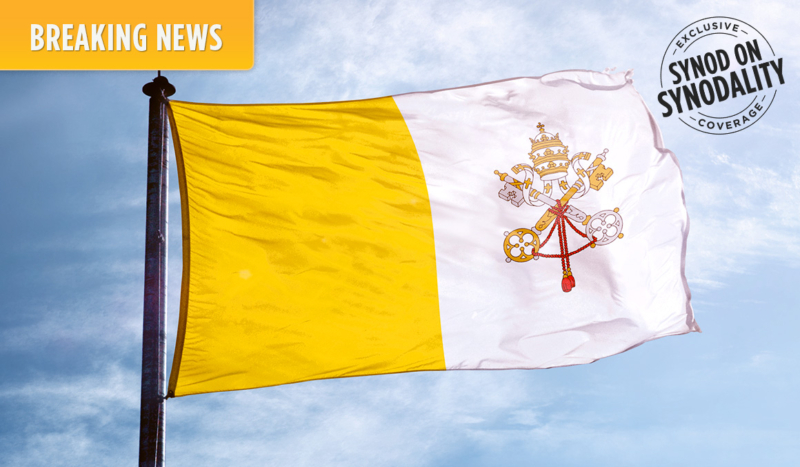
The Vatican’s Prefect for the Dicastery of Communications said that synod documents were posted to an unprotected cloud server to provide access to documents for a number of synod participants who struggled to log-on to the server.
On Thursday, news broke that journalists with the Pillar had accessed an unprotected web server that contained confidential documents, including a list disclosing small group assignments for synod participants and some small group reports.
During the Saturday, October 14 press conference, the Prefect for the Dicastery of Communications, Paulo Ruffini, addressed the web server, saying that the password requirement was removed after some synod participants struggled with using the technology.
“Because some members, for several reasons, have not been able to have access to the cloud, the General Secretariat decided to create an open link to follow so that people could directly access the documents without having to type in their credentials, said Ruffini.
Ruffini said that the unprotected server only contained documents from the first two sessions. No reports from session B2 have been uploaded. Ruffini claimed that the server only contained documents that had previously been released to the press but later added a few confidential reports from the general assembly.
“The cloud only contained public documents,” said Ruffini. “So the reports that you received and the photos that were shared with us for documentation purposes at the end of the first module were the only ones on the server. But because of this difficulty many members had, the secretary then decided to upload the final reports of the 35 working groups in Section 1, Segment 8, on the cloud; personal contributions by individual members were not included.”
The server contained pieces that the Vatican had made available to the general public, according to the Pillar’s article. The Pillar did not share any of the information or the articles to abide by Pope Francis’ request for synod participants to not disclose synod information to the press.
Before the synod, Pope Francis asked all participants to “fast” from talking to the media in order to allow the synod to not be influenced by the outside press. Ruffini noted that the unprotected server potentially jeopardized the Pope’s request for confidentiality.
“There weren’t any complications, but the solution found to allow people to access the documents through this link created the problem (of confidentiality) that was highlighted by some media outlets,” said Ruffini. “And because this link does not ensure the necessary confidentiality to grant the common discernment, it was decided to reinstate the obligation of using a username and password.”
When asked if the documents contained on the server would be publicly released since some journalists have access to them, Ruffini said that the synod would not be releasing those documents in order to preserve confidentiality.
Ruffini concluded by informing journalists that password requirements to access the server have been reinstated and the synod will have staff available to help any participant struggling to log in.
“To help those who are having difficulty logging into the server, some moderators or facilitators are going to be at the individual working groups, and we will have special desks to help people overcome these technical issues,” said Ruffini.

